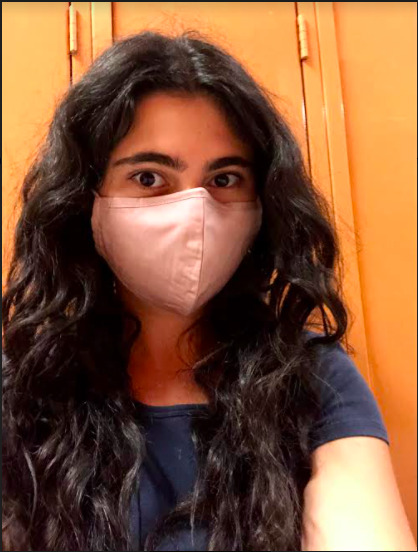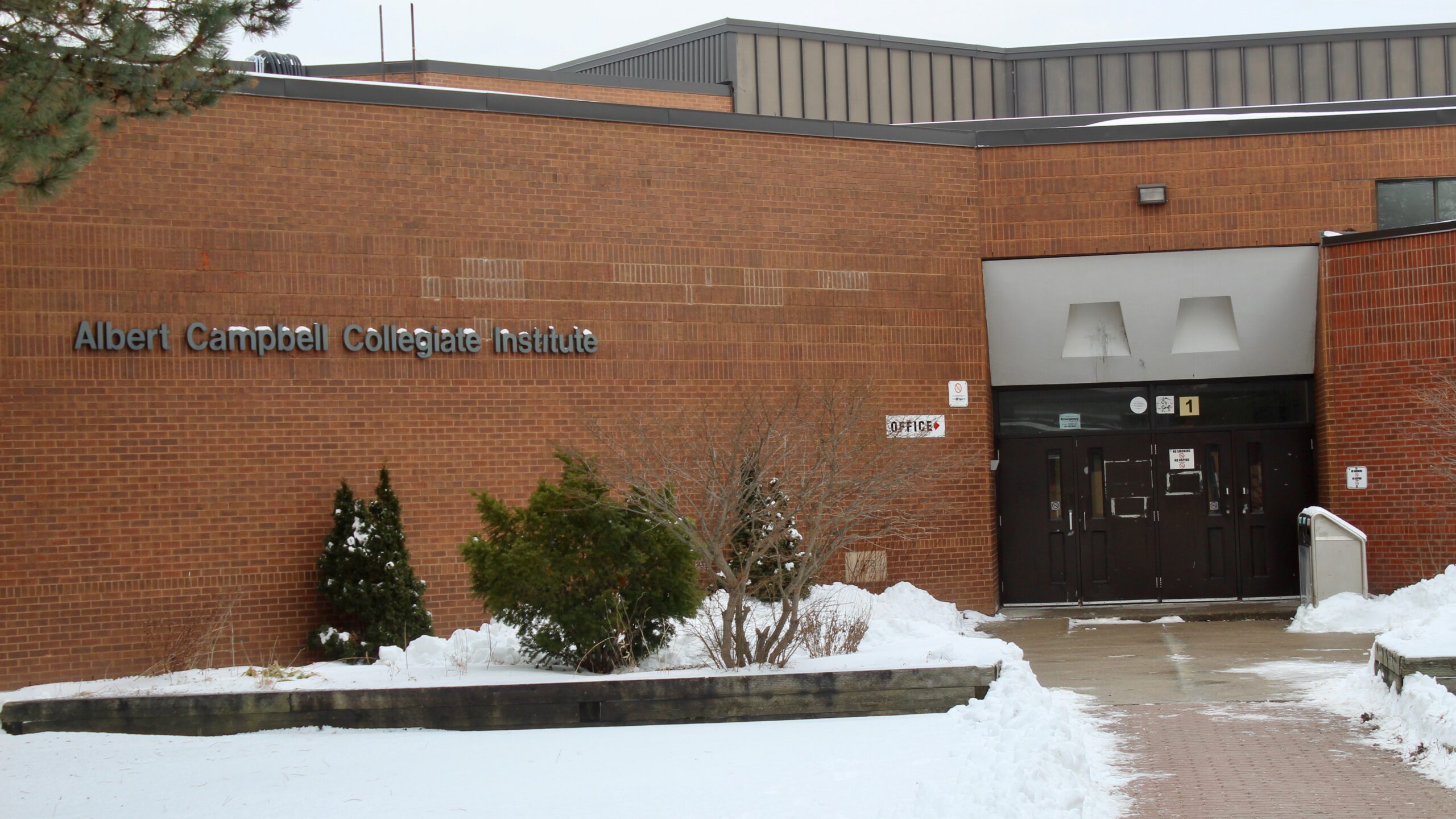A new student advocacy group formed recently is demanding better safety measures in schools from the Ontario government.
Ontario Students For COVID Safety outlined a list of demands on their social media platforms on Jan. 17 as students returned to in-person classes.
The group’s Twitter thread said it wants the province to continue to collect and report COVID-19 data in schools, provide N95 or KN95 masks for students, provide PCR testing, fund proper emergency virtual classes and complete the implementation of HEPA filters.
The government previously announced they would only provide PCR testing to students and staff who become symptomatic at school but will provide rapid antigen tests, N95 masks for staff and three-ply masks for students and would stop reporting individual COVID-19 casesin schools.
Absenteeism rates will be monitored in schools instead and parents will be notified once a 30 per cent absentee rate of students and staff is reached, the province said.
Sophia Alexanian, one of the co-founders of the student group, said in a virtual interview from her home in Toronto that students don’t feel safe with the new protocols.
“A lot of people were really shocked because you trust the government,” Alexanian said. “It didn’t make any sense to have those policies, to get rid of those safety measures.”
Alexanian, a Grade 11 student at Scarborough’s Albert Campbell Collegiate, said the collective has heard from peers all over the province, including the York region, the Niagara region, Essex County and London, Ont.
A major concern of students is the inaccuracy of measuring absenteeism rather than reporting COVID-19 cases in schools, she said.
“Some school boards, if you’re at home but you’re joined in online, they’ll count you present and some school boards won’t,” Alexanian said.
However, others working in education said monitoring absences provides a better sense of how COVID-19 is affecting schools.
Cathy Abraham, president of the Ontario Public School Boards’ Association, told Humber News the lack of proper PCR testing in schools makes COVID-19 data less accurate.

“It’s not ideal but we cannot depend on the accuracy or the efficacy of rapid testing,” Abraham said. “By looking at your absences, you can sort of keep an ebb and flow — an idea of what’s happening.”
Abraham said she understood healthcare workers should have priority to PCR testing but said schools should be next in line so they can stay open.
“What we’d really like is to have teachers, especially teachers, but teachers and students pushed up on the priority for PCR tests,” she said. “But the rapid tests are a good start.”
Similarly, Alexanian said schools and students should be made a priority for PCR testing as schools are an essential service.
And while N95 masks have been prioritized for teachers, the government will not do the same for students.
Alexanian said the policy made no sense and proper protective equipment is essential for student safety.
Other students in Canada have also been calling for better conditions in schools.
Manitoba students walked out of schools on Jan. 17 in protest of the lack of safety measures.
Alexanian said the event was in part what inspired the formation of the Ontario Students For COVID Safety and there are talks of organizing a similar student walkout.
“We want to organize students into direct action to pressure the government in all ways possible,” she said. “Ontario students want a walkout, a walkout is going to happen.”
But Abraham said she would caution students before such action is taken.
“Don’t forget you have another avenue through which you can have your voice heard at your school board,” she said. “Every school board in Ontario has student trustees, and those are the young people that sit at our table and are the voice of the students in their schools.
“My advice is, just be very sure of why you’re doing it, what the end goal is and make sure your facts are straight,” Abraham said.
However, Abraham said she doesn’t want to discourage advocacy or dismiss students’ concerns.
The dismissal is something students are all too familiar with, Alexanian said.
“A lot of school boards and a lot of people in education, they talk about student voices but they never listen to it,” she said. “I feel like part of it is a little bit of ageism.
“I think that it comes from preconceived notions about youth and hopefully we’re trying to break down those misconceptions,” Alexanian said.

